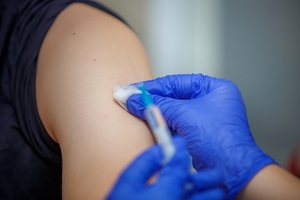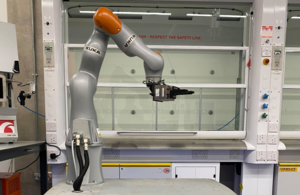UKHSA encourages all those eligible to take up HPV vaccine

The data includes HPV vaccine coverage for dose 1 in adolescent females and males in school year 8, as well as HPV vaccine coverage for dose 1 and 2 in adolescent females and males in school year 9.
Vaccine coverage for HPV dose 1 in:
-
year 8 females was 76.7% and for year 8 males was 71.0% in the 2020 to 2021 academic year
-
year 9 females was 81.8% – a 22.6% increase from the reported coverage of 59.2% for the same cohort when they were in year 8 in the previous academic year
-
year 9 males was 77.3% – a 22.9% increase from the reported coverage of 54.4% for the same cohort when they were in year 8 in the previous academic year
Children and young people who missed out on their HPV vaccines should contact their school nurse, school immunisation team or GP surgery to arrange a catch-up – eligibility remains until their 25th birthday.
Although HPV vaccine coverage in 2020 to 2021 has improved significantly from the low levels reported for the 2019 to 2020 academic year, it is still not back up to pre-pandemic levels.
A recent study published in The Lancet found that cervical cancer rates were 87% lower in women who were offered the HPV vaccine, when they were aged 12 to 13 years, than in previous generations in England. This shows that the HPV vaccination programme works and will save lives. Overall, the study estimated the HPV programme has prevented about 450 cancers and 17,200 pre-cancers.
Dr Vanessa Saliba, Consultant Epidemiologist at the UK Health Security Agency, said:
The school-aged HPV immunisation programme was delivered throughout England despite the challenges posed by the COVID-19 pandemic. Many young people who missed out in the 2019 to 2020 academic year have already been caught up, but more work needs to be done to ensure all those eligible are vaccinated.
We urge everyone who is eligible to take up this potentially life-saving vaccine when offered.
